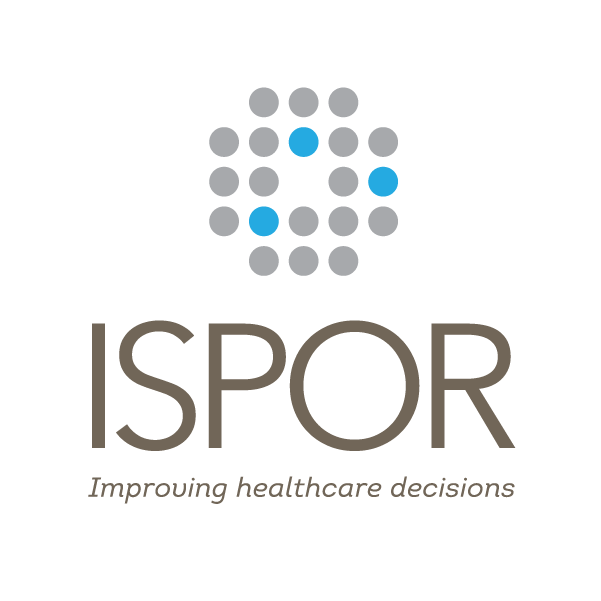Newswise — Princeton, NJ—December 19, 2016—The International Society for Pharmacoeconomics and Outcomes Research (ISPOR) announced today the publication of a series of articles exploring trends in policy and methods regarding the country-specific provision of universal health care coverage. This special themed section, Economics of Making Choices on the Journey to Universal Health Care Coverage, was published in the December issue of Value in Health. The guest editors of the themed section are Kalipso Chalkidou, MD, PhD, Director of the Global Health and Development Group at the Institute of Global Health Innovation, Imperial College, London, UK, and Anthony Culyer, Hon DEcon, Professor of Economics at the Centre for Health Economics, University of York, York, UK.
Universal health care coverage (UHC) is now an integral part of the global health agenda, with the 2012 adoption of a UHC-focused resolution at the United Nations, subsequent commitment to Health Intervention and Technology Assessment at the 2014 World Assembly, and numerous public statements by leaders at the World Health Organization and the World Bank. In this themed section of Value in Health, a wide range of authors from academic, think-tank, and policymaking institutions look at the implications on health care policymakers and health economic researchers from UHC policy trends in rich and poor countries:
• Making Choices on the Journey to Universal Health Care Coverage: From Advocacy to Analysis. The lead paper by guest editors Chalkidou and Culyer introduces the topic and defines UHC as “a set of services that is available when needed without causing financial hardship to the population.” The authors explore several open questions: how best may countries determine what is truly key, how might that judgment change as time passes and further development happens, and by what trajectory might the barriers to access be removed and full population coverage achieved.
• How to Get Cost-Effectiveness Analysis Right? The Case of Vaccine Economics in Latin America, by Glassman, et al. Amanda Glassman, MSc, is Vice President for Programs and Director for Global Health Policy at the Center for Global Development, Washington, DC, USA. This paper reviews the progress in and challenges of applying economic analysis to evaluation of vaccines, which remain a major global health priority.
• The International Decision Support Initiative Reference Case for Economic Evaluation: An Aid to Thought, by Wilkinson, et al. Thomas Wilkinson, MSc, is Health Economics Lead, International Decision Support Initiative sub-Saharan Africa, and University of Witwatersrand, Johannesburg, South Africa. The authors set out an international reference case for economic evaluation from the perspective of donors as well as researchers and country decision makers, and describe a year-long process to inform economic analyses that drive multibillion investment choices at country and global levels.
• Country-Level Cost-Effectiveness Thresholds: Initial Estimates and the Need for Further Research, by Woods, et al. Beth Woods, MSc, is a Research Fellow at the Centre for Health Economics, University of York, York, UK. She and her colleagues explore the meaning of cost-effectiveness thresholds as decision rules driving investment in resource-constrained low- and middle-income health care systems, and apply income elasticities of the demand for health care to derive indicative country-specific thresholds.
• Should Countries Set an Explicit Health Benefits Package? The Case of the English National Health Service, by Smith, et al. Peter Smith, MA, Emeritus Professor of Health Policy at Imperial College, London, UK, and Kalipso Chalkidou, MD, PhD, discuss the value of an explicit benefits package for the National Health Service of England, a high-income country with UHC, but without an explicit benefits package.
In summary, the theme issue discusses the need for applied hands-on support to help countries develop and sustain individual and institutional capacities for getting good value care under the UHC vision. This will require applying evidence and being respectful of both local norms and barriers to implementation. To put this into context, guest editor Kalipso Chalkidou noted, “This collection of papers is about empowering local policymakers to set priorities in health care based on context-sensitive methods, research, and analysis in the field of health economics. Such research is a prerequisite for achieving and sustaining UHC, and can be synergistic to global advocacy efforts for increasing health care investment."
###
ABOUT ISPORThe International Society for Pharmacoeconomics and Outcomes Research (ISPOR) is a nonprofit, international, educational and scientific organization that promotes health economics and outcomes research excellence to improve decision making for health globally. Web: www.ISPOR.org | LinkedIn: www.bit.ly/ISPOR-IN | Twitter: www.bit.ly/ISPOR-T (@ISPORorg) | YouTube: www.bit.ly/ISPOR-YT |Facebook: www.bit.ly/ISPOR-FB
ABOUT VALUE IN HEALTHValue in Health (ISSN 1098-3015) is an international, indexed journal that publishes original research and health policy articles that advance the field of pharmacoeconomics and outcomes research to help health care leaders make evidence-based decisions. The journal’s 2015 impact factor score is 3.824. Value in Health is ranked 3rd out of 74 journals in health policy and services (social sciences), 8th out of 87 journals in health care sciences and services, and 10th out of 344 journals in economics (social sciences). Value in Health is published bi-monthly and circulates to more than 10,000 readers around the world.Web: www.ispor.org/valueinhealth | Twitter: http://bit.ly/ISPORjournals-T (@ISPORjournals)
